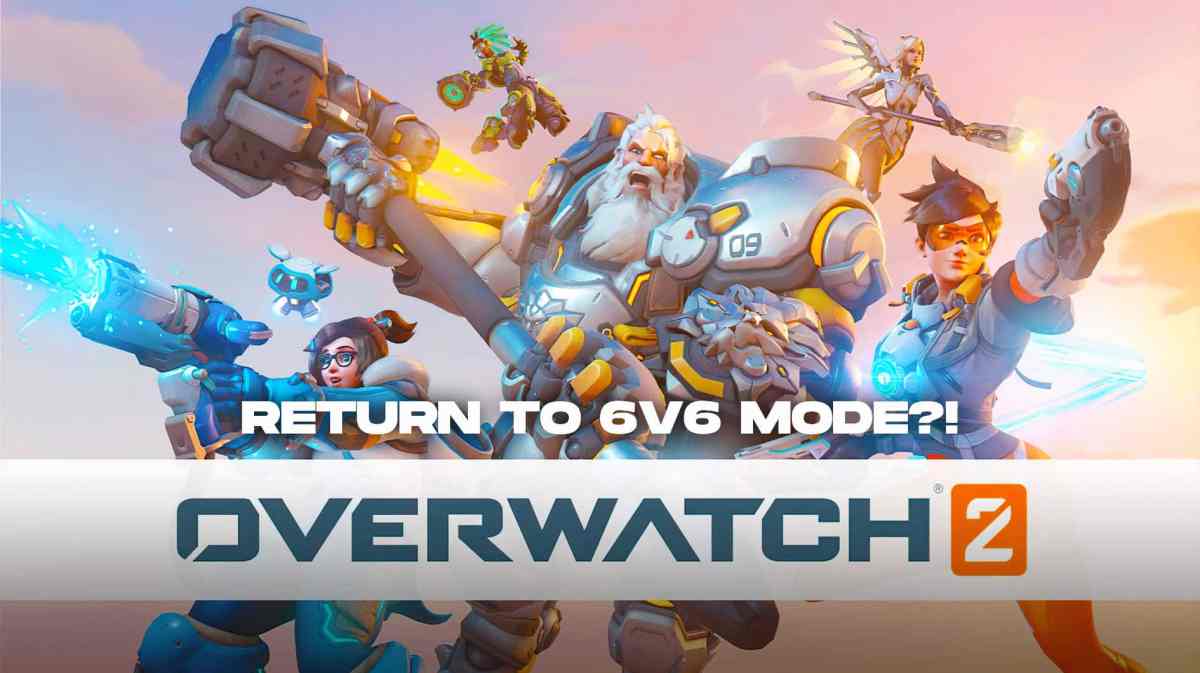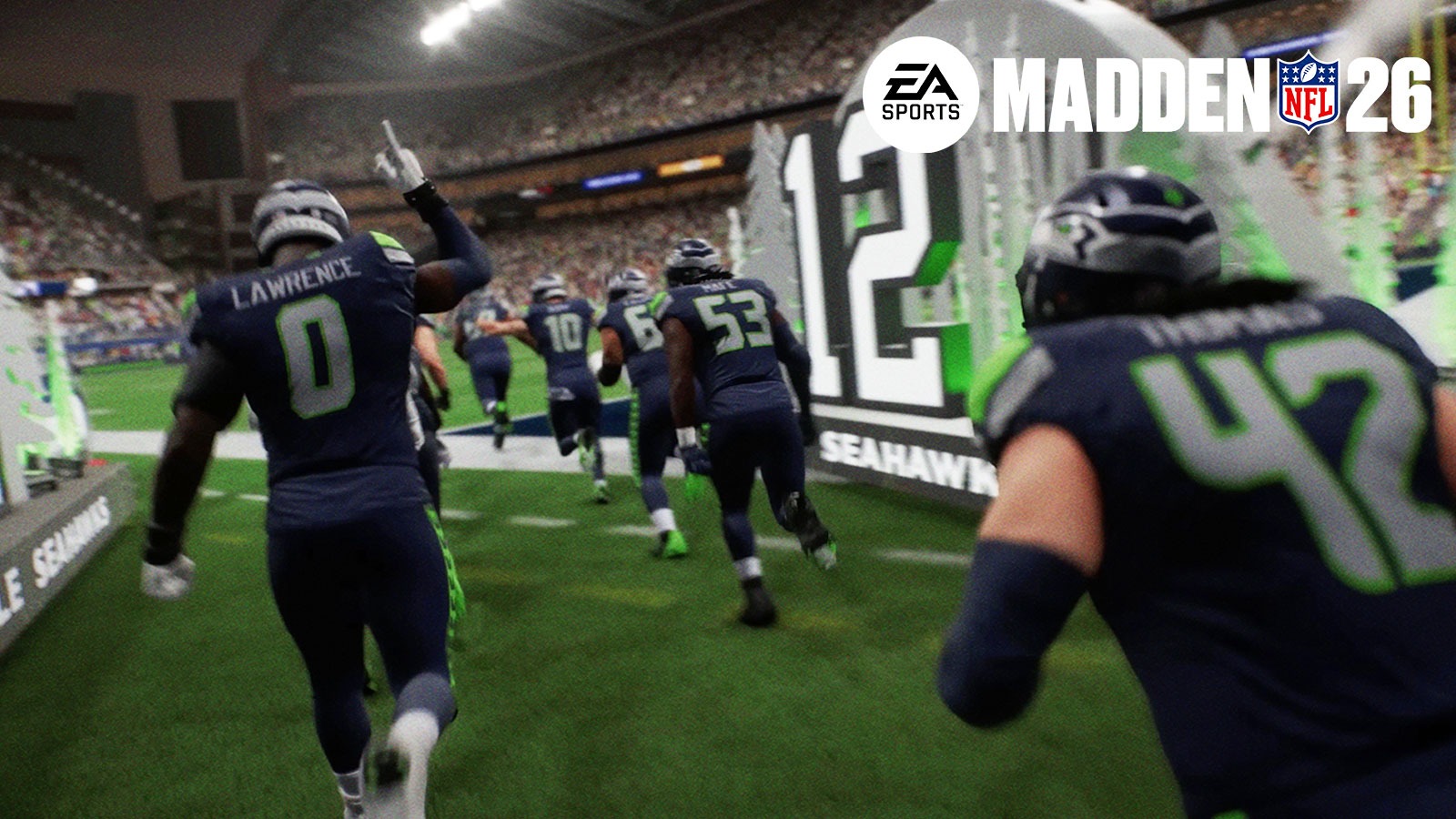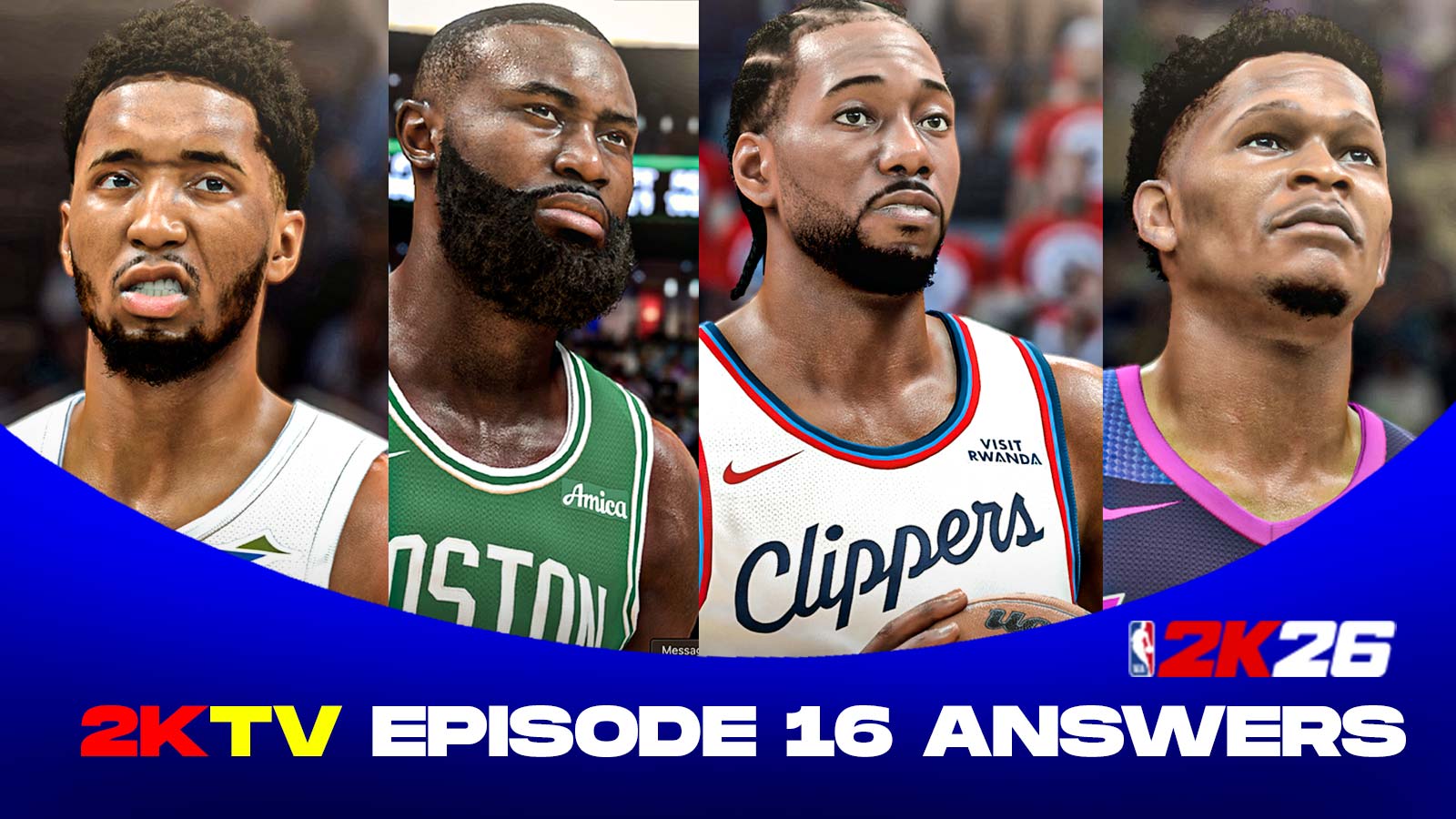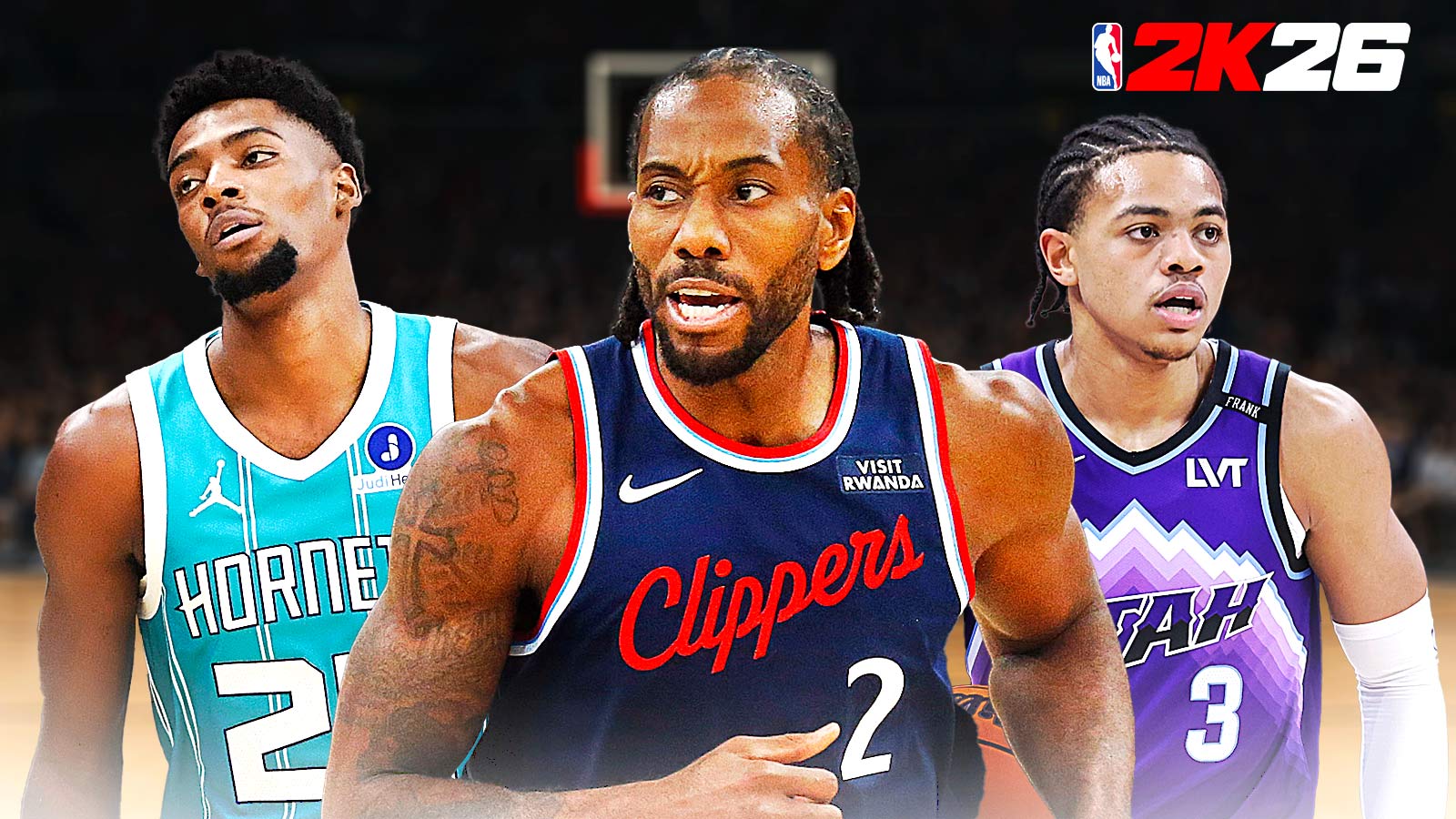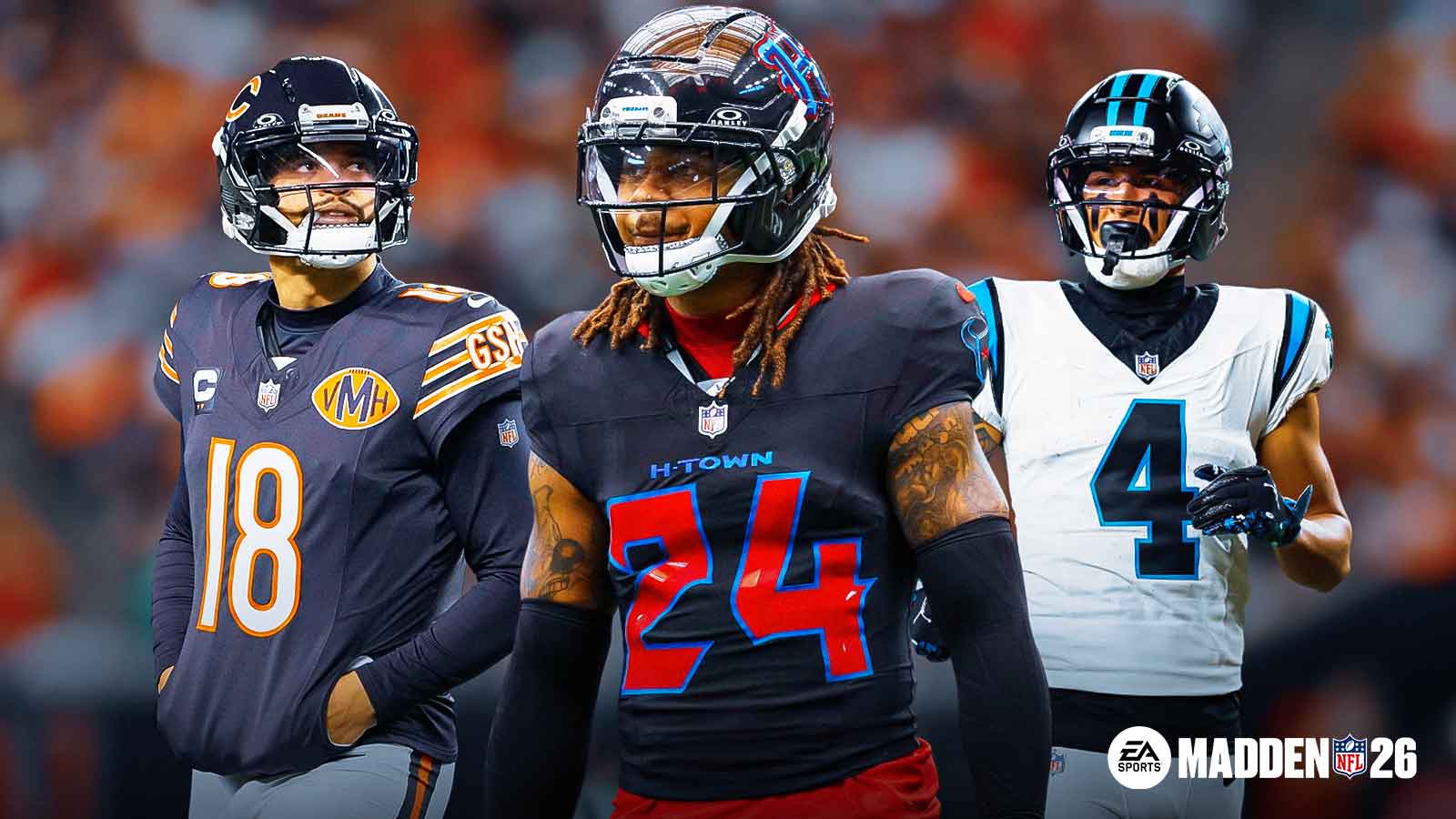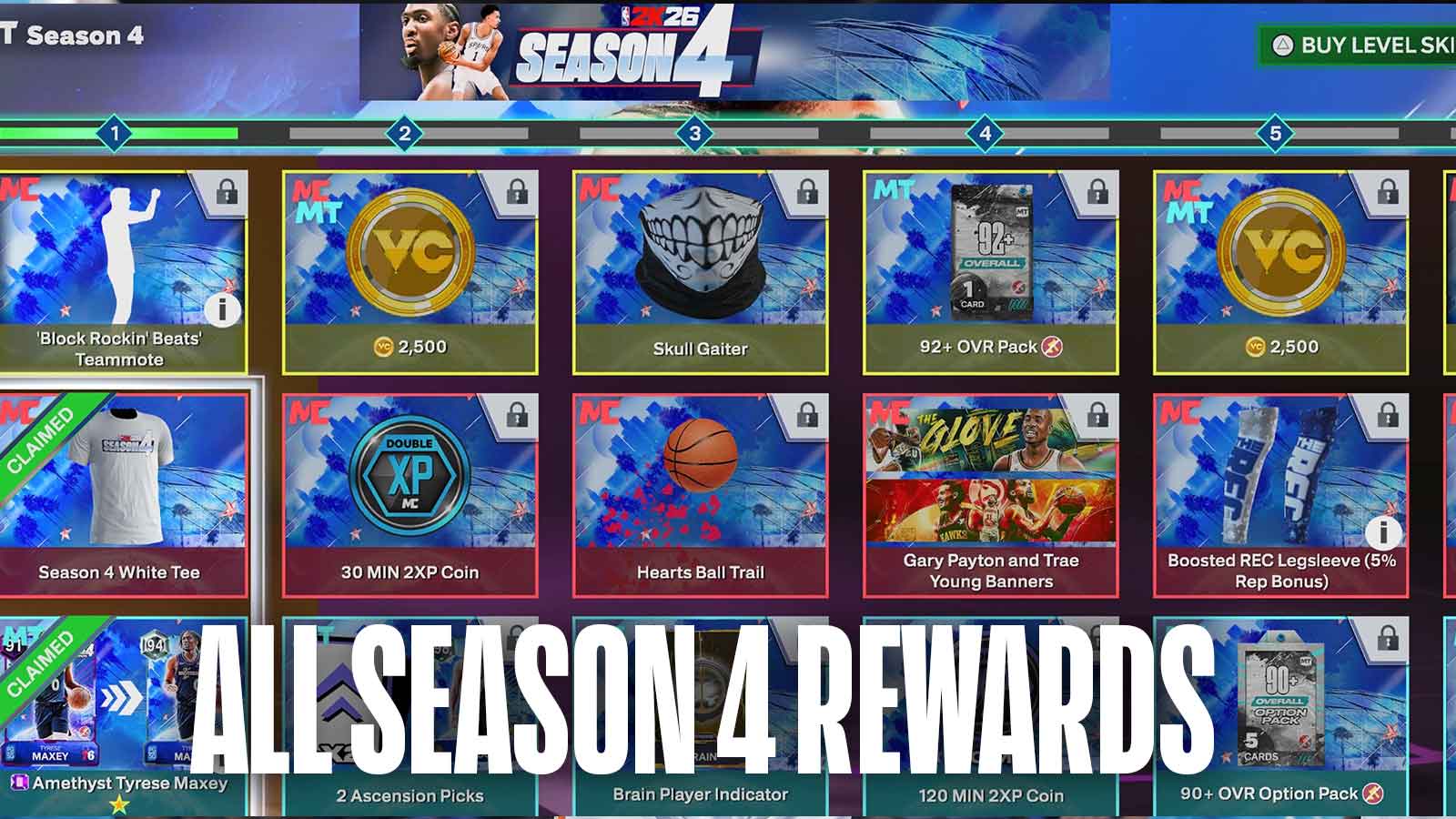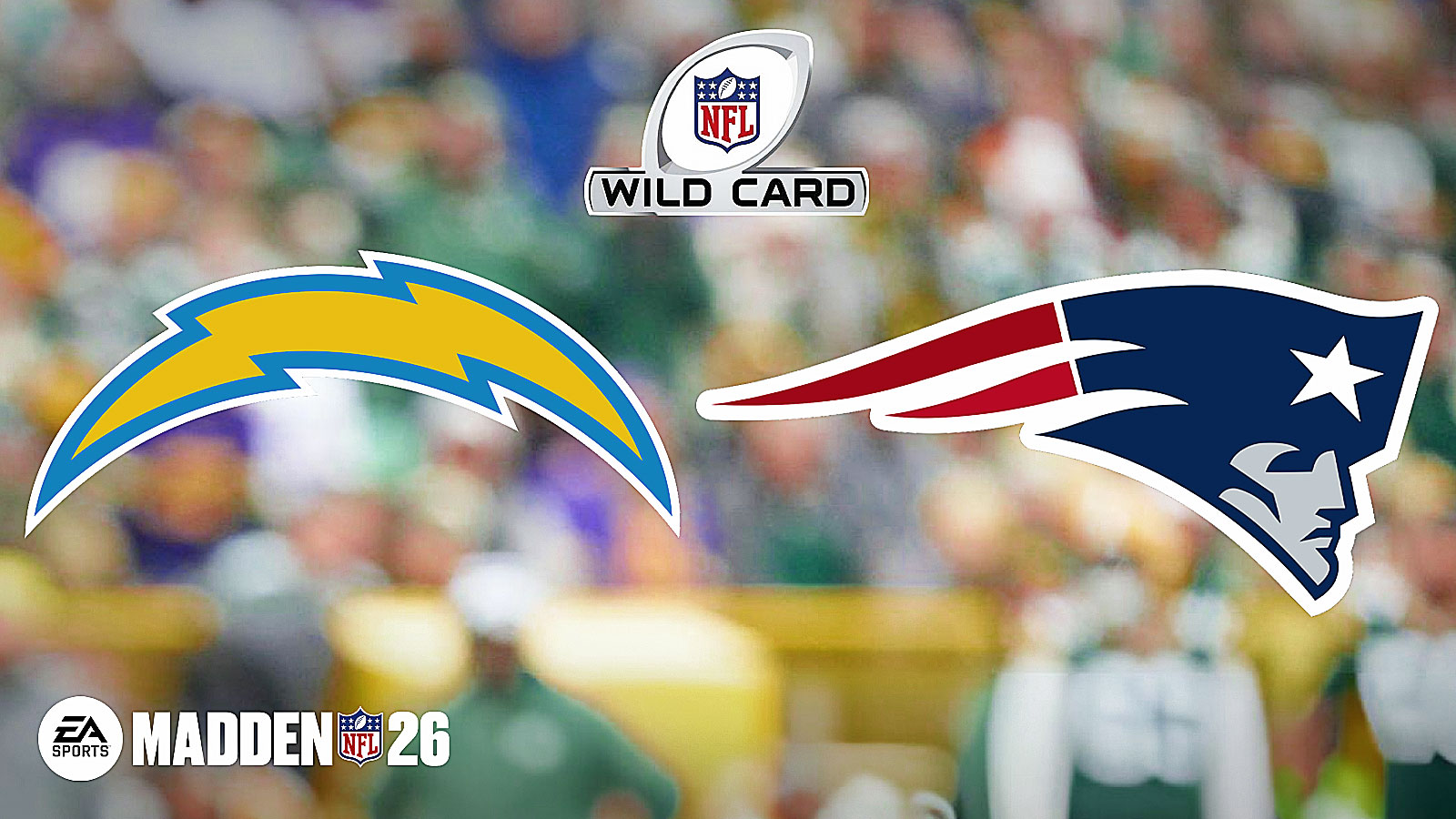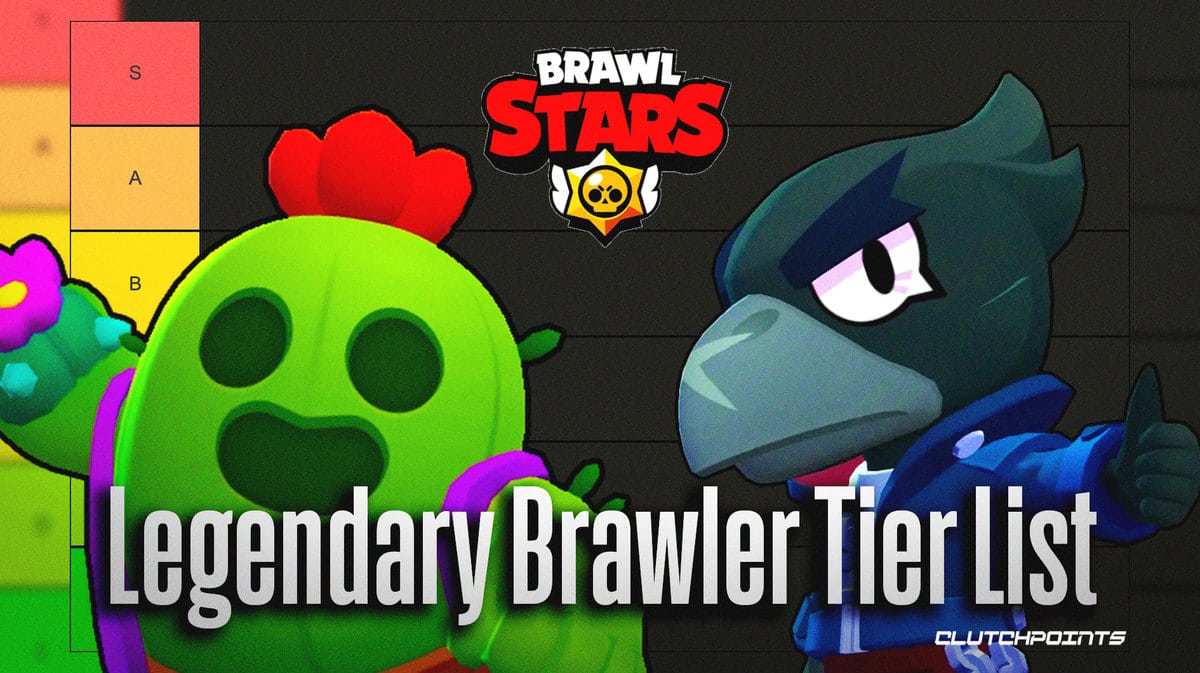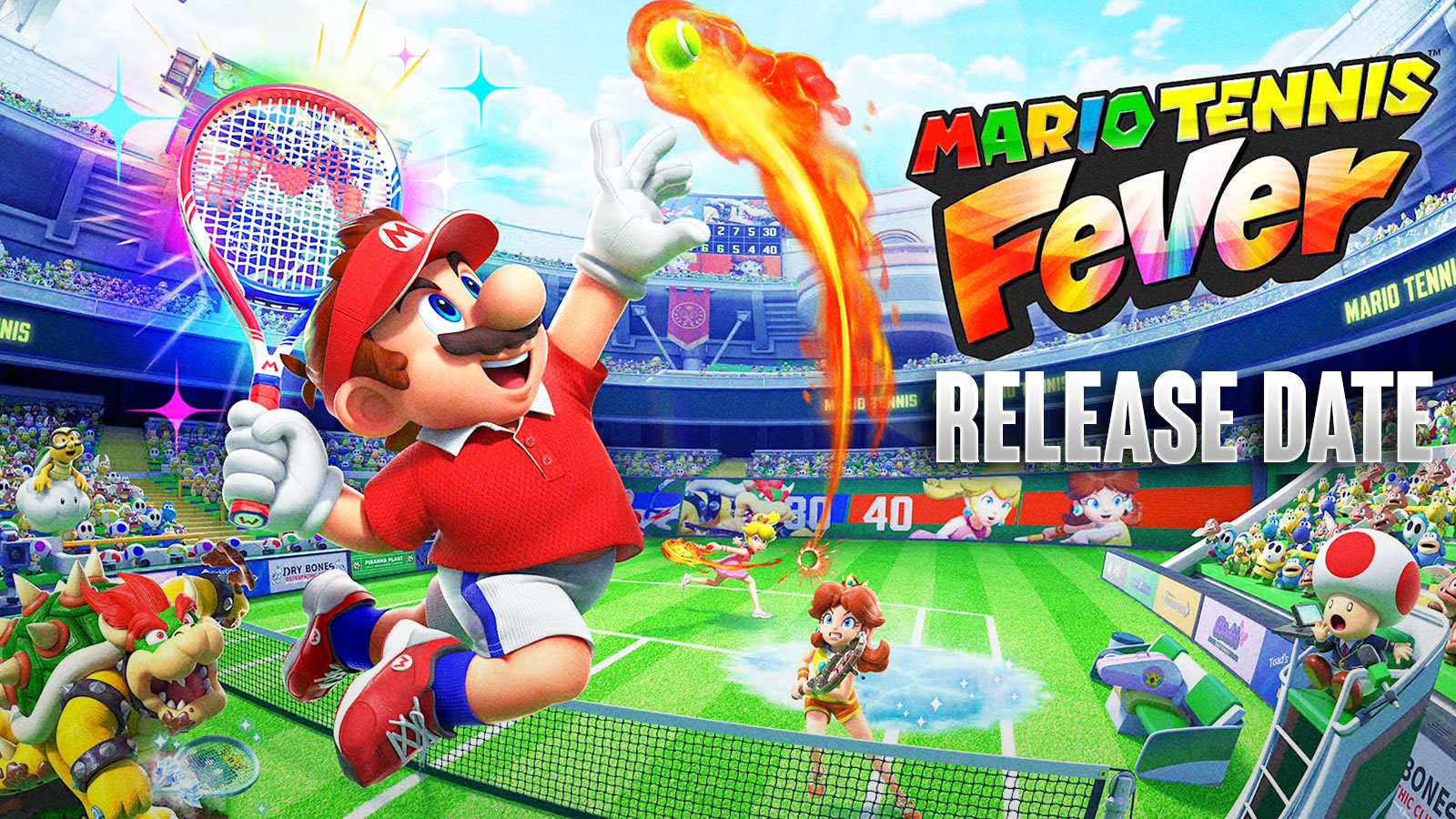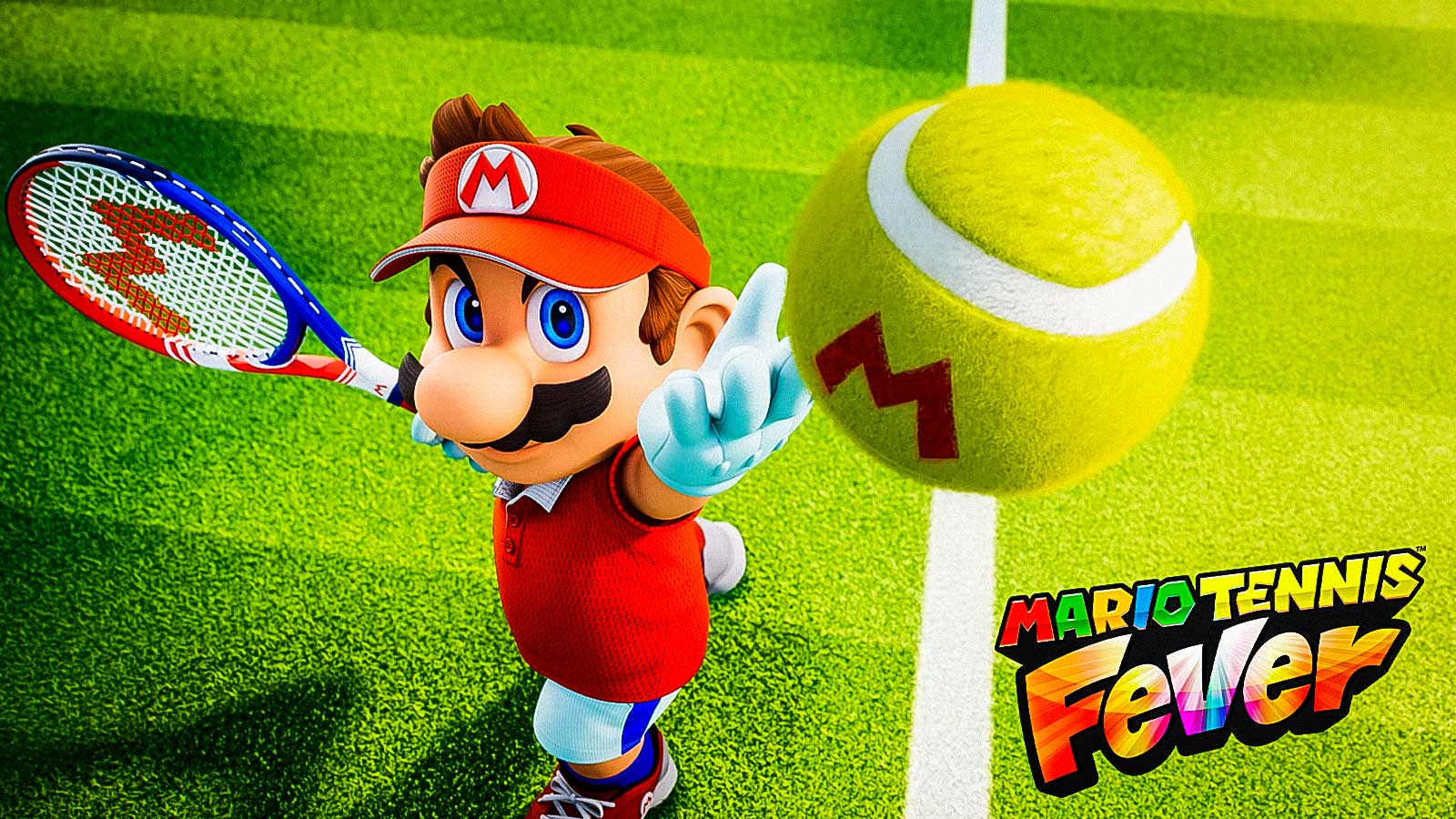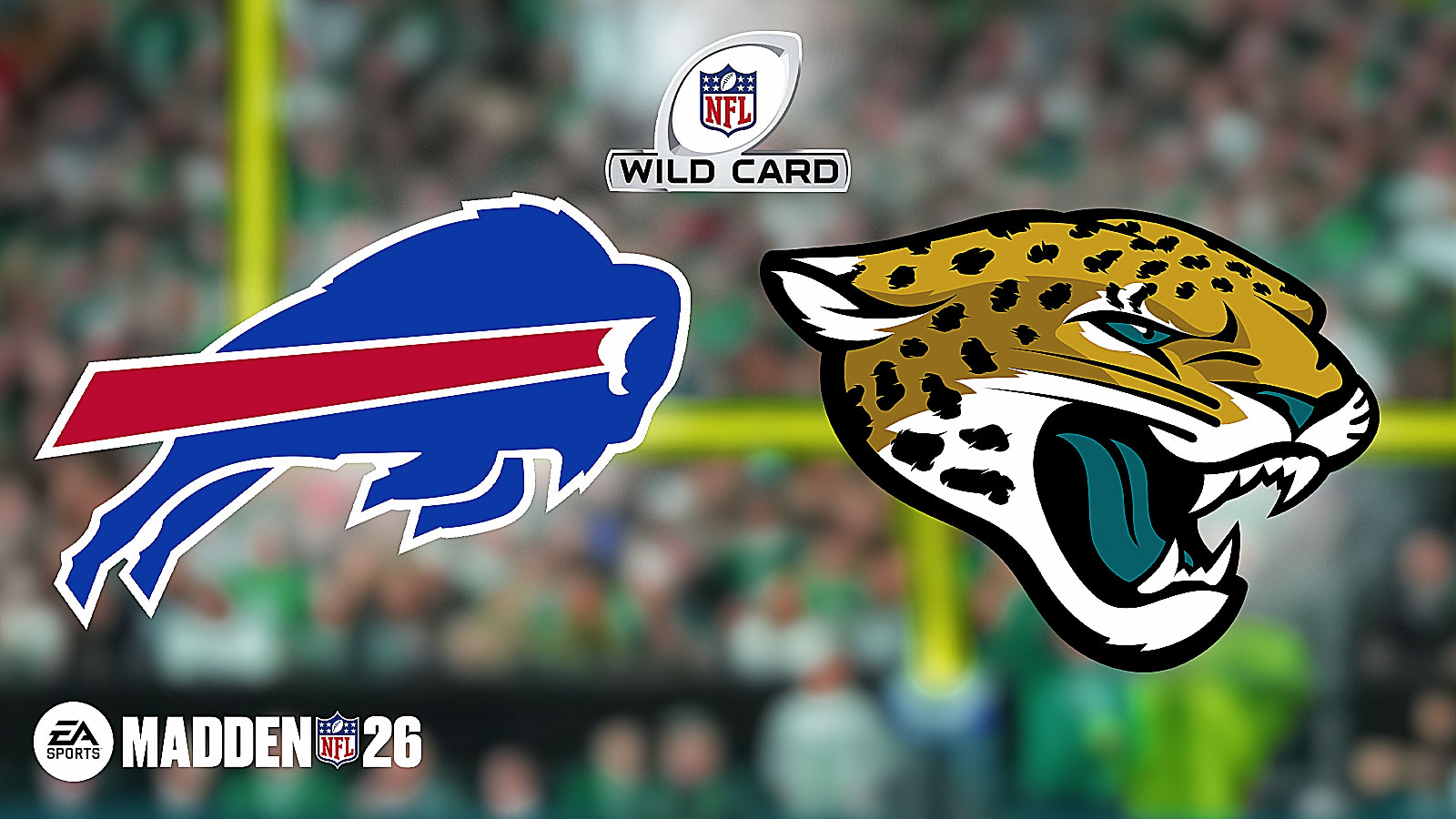In a move that could reshape the landscape of competitive play, the developers behind Overwatch 2 are contemplating a return to the game's original 6v6 team format, a significant departure from the currently established 5v5 system. The announcement was made by Aaron Keller, Overwatch 2's game director, who noted the potential return amid feedback from the player community.
The shift from 6v6 to 5v5 was one of the pivotal changes introduced with the launch of Overwatch 2. Under the new system, teams consist of one Tank, two Damage, and two Support heroes in what is known as the Role Queue system. This change aimed to alleviate persistent issues such as lengthy queue times and an over-reliance on shields, often referred to as the “shield meta.” However, it has also led to discontent among many players, particularly those who prefer playing Tank roles, who feel the game has lost some of its appeal without the extra player.
Activision Blizzard To Test 6v6 Viability Amid Technical And Gameplay Challenges
Despite the division within the community, with some players favoring the streamlined 5v5 setup, Keller revealed that Blizzard is considering testing 6v6 matches again to assess their viability in the new game environment. However, he cautioned that such tests might face delays due to technical hurdles, especially on older gaming consoles like the PS4, Xbox One, and Nintendo Switch, which may struggle with the more demanding performance requirements of Overwatch 2.
A significant concern with a potential move back to 6v6 is the impact on queue times. The original 6v6 format often resulted in longer wait times, particularly for players selecting Damage roles, due to an imbalance in role demand. While the switch to 5v5 has mitigated these delays, reintroducing an additional player to each team could complicate this issue once again.
Overwatch 2 is officially bringing back 6v6, currently the mode is in testing
The tests will determine if the game should permanently go back to the old format pic.twitter.com/yr3SMui4vW
— Dexerto (@Dexerto) July 25, 2024
Blizzard is planning a series of experimental events to test various team compositions, including different 6v6 setups, to gather more comprehensive community feedback. This approach aims to explore how to bring back some of the flexibility and creativity that players enjoyed in the original Overwatch without fully abandoning the structured benefits of the Role Queue system.
The upcoming Season 13 will introduce “Quick Play: Hacked,” an experimental mode intended to offer more flexible team compositions while preserving some of the current system's structure. This mode is part of Blizzard's broader effort to address players' concerns about the rigidity of Role Queue, while still maintaining its advantages.
Overwatch's Format Changes Aim To Enhance Gameplay And Address Player Feedback
The blog post by Keller also reflects on the historical evolution of Overwatch's team formats. The introduction of Hero Limits, which prevented multiple players from choosing the same hero, was a significant first step in curbing the dominance of certain team strategies and enhancing overall game balance. The subsequent implementation of the Role Queue system, enforcing a 2-2-2 team composition, further aimed to resolve role imbalances and elevate the quality of matches, though it also lengthened queue times for certain roles.
The transition to the 5v5 format in Overwatch 2 was driven by multiple factors, including a desire to increase individual player impact, diminish the overwhelming influence of ultimate abilities, and focus more on first-person shooter elements. The new format sought to accelerate gameplay, reduce visual clutter, and better match the distribution of players across roles, significantly cutting down on queue times.
However, balancing the Tank role in a 5v5 context has proven challenging. The absence of a second Tank often results in a less stable gameplay experience, leading to a mixed response from the community. Blizzard acknowledges these issues and is actively working to strike a balance between maintaining the game's dynamic and addressing player feedback.
Keller's statement in the blog underscores Blizzard's commitment to continuous improvement based on player input. While the current focus remains on refining the 5v5 experience, the exploration of alternative team compositions through future events and tests indicates an openness to evolve the game in ways that best serve its community.
For more gaming news, visit ClutchPoints Gaming

